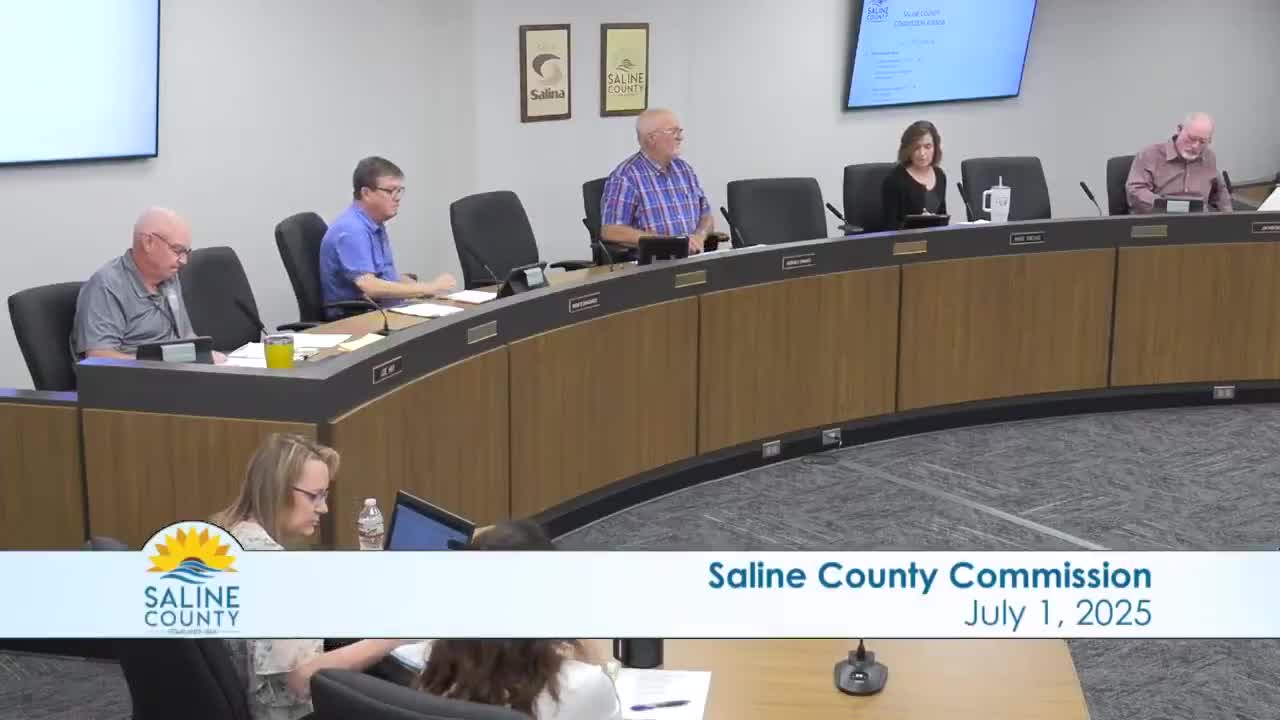Article not found
This article is no longer available. But don't worry—we've gathered other articles that discuss the same topic.
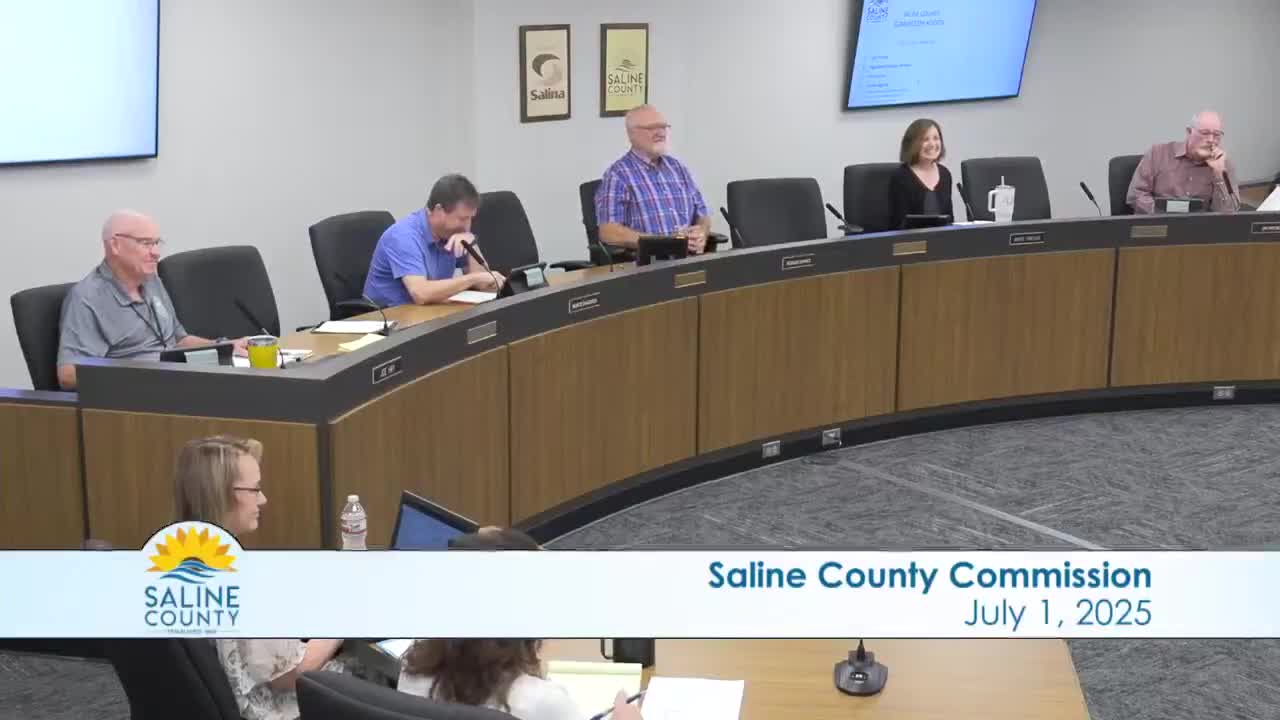
Farm Bureau asks Saline County for $10,000 to support annual free tire collection
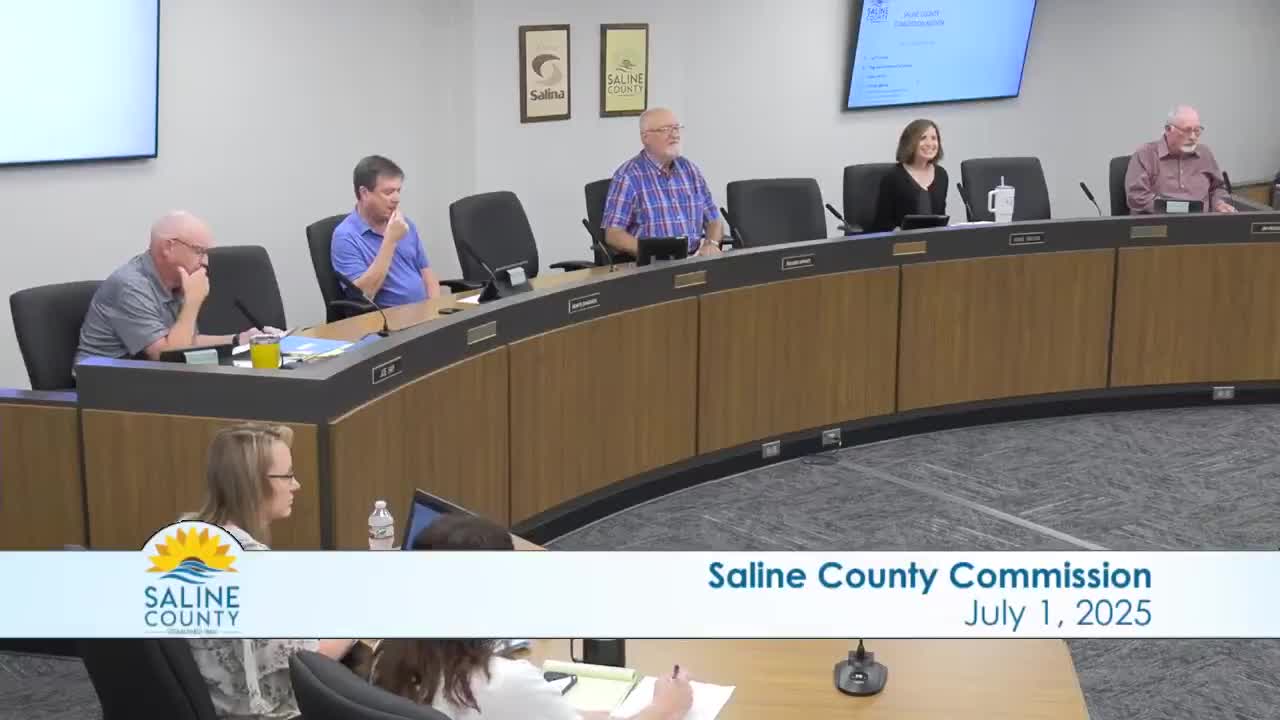
United Way urges Saline County to restore Early Child Care Initiative funding; requested $40,000
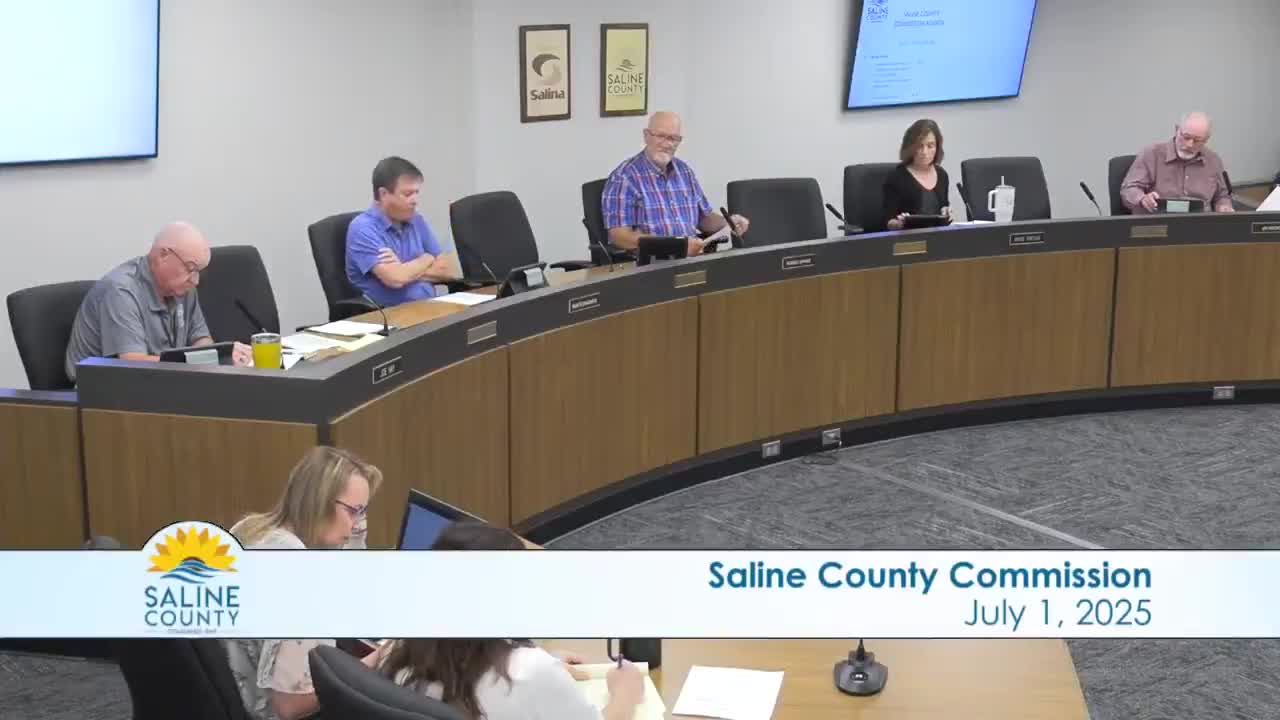
Commission adopts minimum-maintenance resolutions for Ottawa and Niles roads; public hearing scheduled Aug. 26
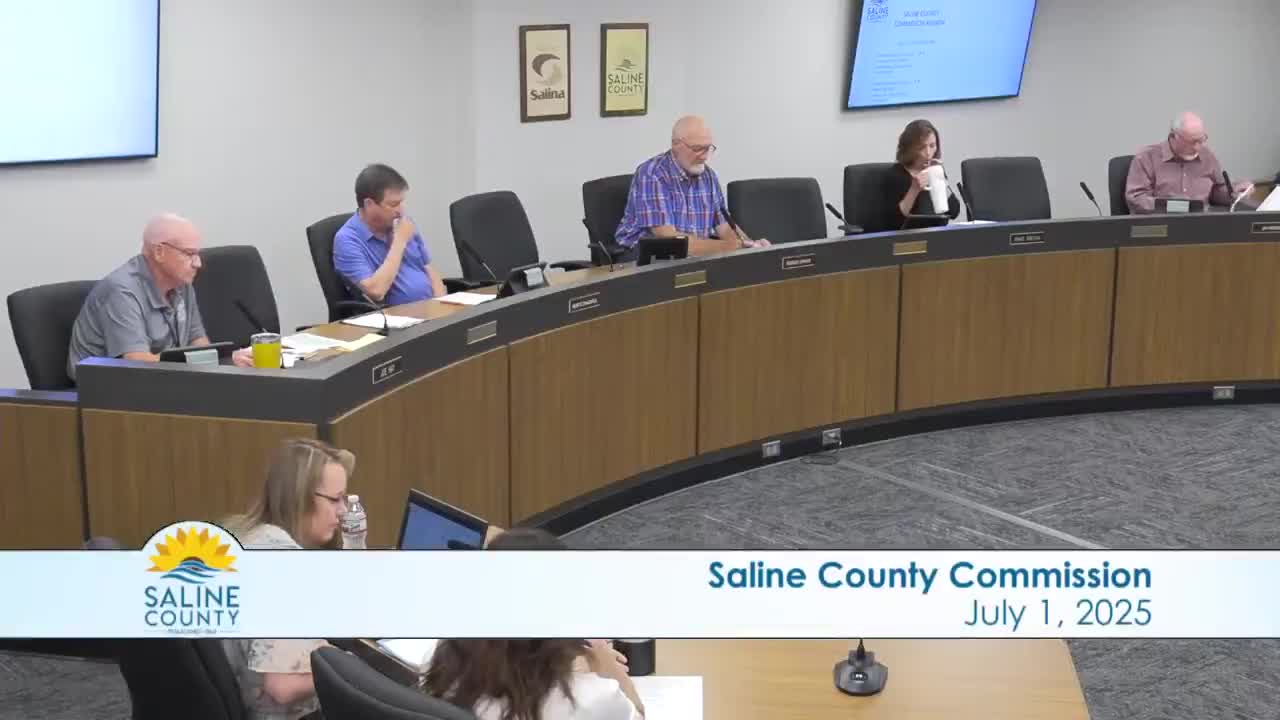
Commission awards final phase of Expo Center improvements; county says venue loses about $400,000 annually
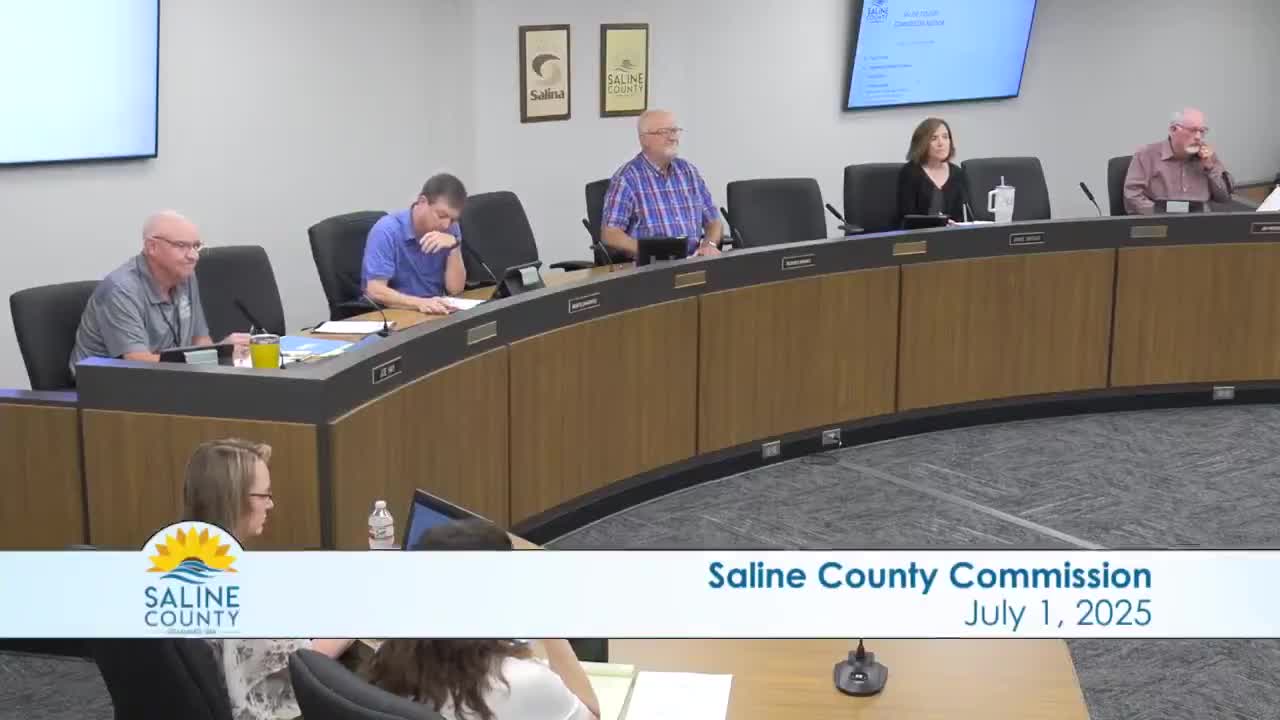
Commission approves demolition contract for old jail after public pleas to delay for rehab study; vote 3-2
